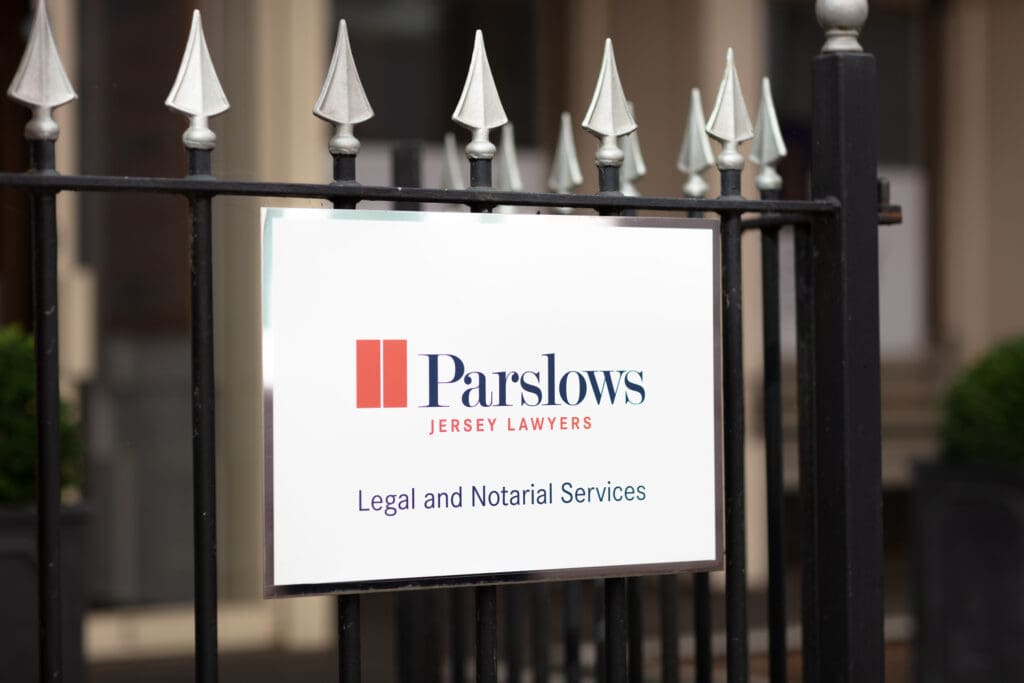Parslows LLP is pleased to announce that it has acted for the Parish of St John on a 99-year contract lease of the western part of field J525 to the Government of Jersey. The lease was passed before the Royal Court of Jersey on 22 December 2023.
The field will be developed by the Government to provide St John’s school with a 3G pitch with a grass track around it, and it will also create raised allotments and growing areas for the school. Field J525 was earlier split into two with 16 three-bedroom first-time buyer homes on the eastern half of field J525.

Advocate Carl Parslow who led the Parslows LLP team on the lease, said: “We are pleased to have assisted the Connétable and Procureurs of St John throughout this process. We look forward to seeing the playing fields and the surrounding area in full operation for the benefit of St John’s school in due course.”